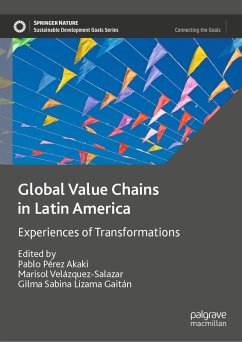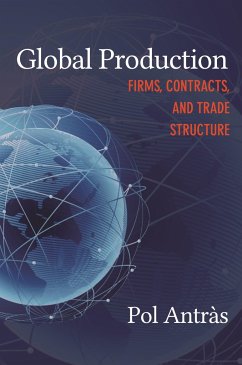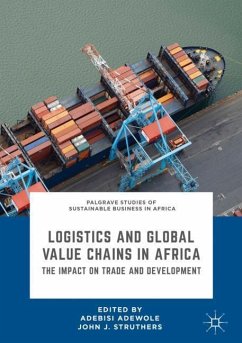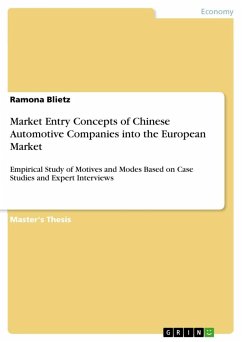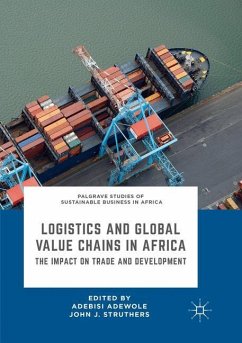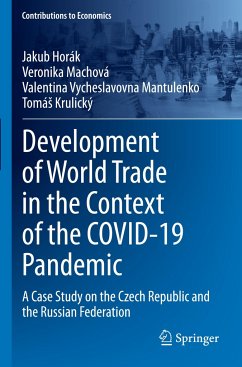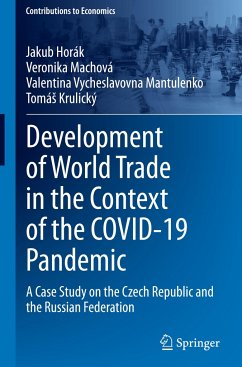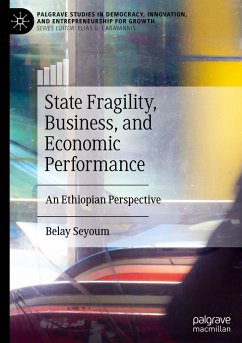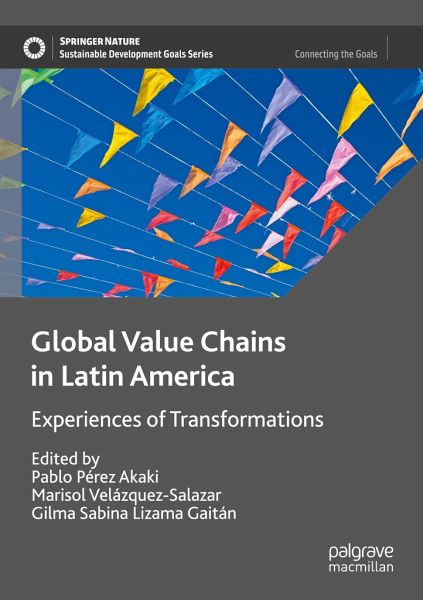
Global Value Chains in Latin America
Experiences of Transformations
Herausgegeben: Pérez Akaki, Pablo; Velázquez-Salazar, Marisol; Lizama Gaitán, Gilma Sabina
Versandkostenfrei!
Versandfertig in 6-10 Tagen
121,99 €
inkl. MwSt.

PAYBACK Punkte
61 °P sammeln!
This book examines the governance and institutional dimensions of the global value chain (GVC) and the barriers of local firms to participate in chains. Focusing on Latin America, this collection analyzes agribusiness and agri-food chains in order to evaluate the common challenges in the production and trade of coffee, cocoa, maize, sugar, Tequila and Mezcal in Mexico and Central America. Additionally, there are studies of knowledge-intensive industries of aerospace and automotive.Addressing the need for sustainable economic development in developing countries from the study of value chains, t...
This book examines the governance and institutional dimensions of the global value chain (GVC) and the barriers of local firms to participate in chains. Focusing on Latin America, this collection analyzes agribusiness and agri-food chains in order to evaluate the common challenges in the production and trade of coffee, cocoa, maize, sugar, Tequila and Mezcal in Mexico and Central America. Additionally, there are studies of knowledge-intensive industries of aerospace and automotive.
Addressing the need for sustainable economic development in developing countries from the study of value chains, this work presents a conceptual framework and empirical cases that highlight the impact of GVC in the Latin American region and will appeal to international business and international trade researchers.
Addressing the need for sustainable economic development in developing countries from the study of value chains, this work presents a conceptual framework and empirical cases that highlight the impact of GVC in the Latin American region and will appeal to international business and international trade researchers.



